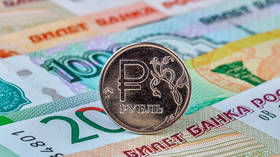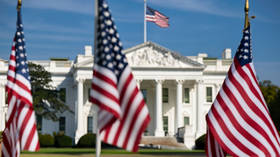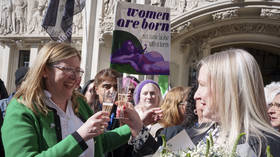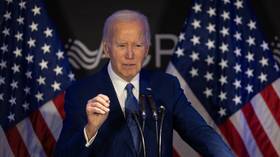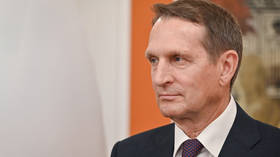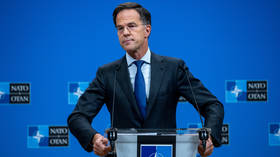Google cancels April Fools’, celebrates ‘fact-checking day’ instead
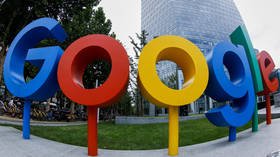
Google has canceled its usual April Fools’ pranks for a second year in a row, citing the seriousness of the coronavirus pandemic. It will still celebrate the much less entertaining “international fact-checking day” on April 2.
“With much of the world still grappling with serious challenges, we feel we should again pause the jokes for April Fools' Day this year,” an internal memo seen by several tech news sites on Wednesday read. Last year, the company also canceled its planned pranks “out of respect for all those fighting the Covid-19 pandemic.”
Also on rt.com ‘The nation’s prayers have been answered’: Piers Morgan announces return to Good Morning Britain in cheeky April Fool’s jokeGoogle has a long-standing tradition of sometimes elaborate April Fools’ pranks. It’s ‘Mic Drop’ prank in 2016, for example, added an animated gif of a Minion character to emails, a prank that backfired when users accidentally sent the image alongside important business emails. Other pranks allowed users to play Pac-Man and Snake on Google Maps, announced a Dutch app enabling communication with tulips, and posted a job listing for a dog engineer.
After every party comes a hangover, and April 2 marks “International Fact-Checking Day,” a day dreamed up in 2017 by journalists and academics at the London School of Economics. Google took the opportunity this year to boast of its AI-powered efforts to fight Covid-19 “misinformation.”
The tech giant also announced that it would contribute $29 million to set up an EU-wide fund to “fight misinformation and support fact checking.” In a blog post, it said that it wants to recruit academics and nonprofits to “access accurate information, and sort facts from fiction.”
Fact-checking, however, is a contentious idea. Facebook and YouTube – a sister company of Google – have both teamed up with third-party fact-checkers to review potentially misleading political posts, but these fact-checkers have been accused of bias of their own. In the US, the general public does not trust the media to fact-check political claims, while 70% of Republicans believe that fact-checking favors the other side.
Think your friends would be interested? Share this story!



